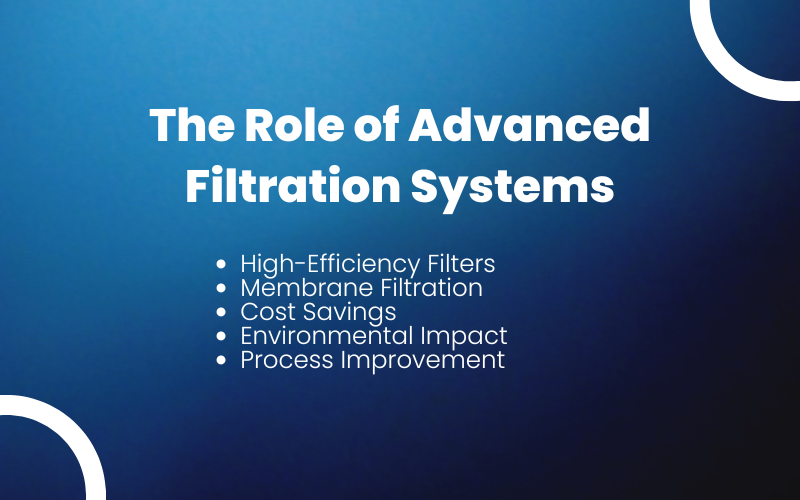In industrial and laboratory settings here in Singapore, solvent recovery in extraction processes is increasingly vital for improving efficiency and sustainability. Advanced filtration systems are key to ensuring these processes are effective and cost-efficient. By grasping how these systems work, businesses can significantly boost their solvent recovery rates. This article explores the benefits of optimising solvent recovery and the role of high-interest savings accounts in supporting such advancements.
Understanding Solvent Recovery in Extraction Processes
Solvent recovery refers to reclaiming solvents used during extraction so they can be reused or safely disposed of. This is crucial across various industries, including pharmaceuticals, food and beverage, and environmental science. Effective solvent recovery not only cuts operational costs but also supports environmental sustainability by reducing waste.
In extraction processes, solvents are used to separate valuable compounds from raw materials. After extraction, these solvents need to be recovered to prevent waste and reduce the cost of purchasing new solvents. Efficient solvent recovery translates to substantial cost savings and a lower environmental impact.
The Role of Advanced Filtration Systems
Advanced filtration systems play a crucial role in optimising solvent recovery. These systems utilise sophisticated technology to remove impurities and contaminants from solvents, making them suitable for reuse. Here’s a closer look at how these systems work and their benefits:
High-Efficiency Filters:
Modern filtration systems come equipped with high-efficiency filters capturing even the smallest particles and contaminants. This ensures that the recovered solvent is high purity and can be reused effectively in the extraction process.
Membrane Filtration:
Membrane filtration technologies, such as ultrafiltration and nanofiltration, are often employed in advanced filtration systems. These membranes have minute pores that allow only specific molecules to pass through, effectively removing contaminants and recovering the solvent with high precision.
Cost Savings:
Enhancing the efficiency of solvent recovery helps businesses save on the cost of purchasing new solvents. These savings can be significant, especially in industries with high solvent usage. Investing in a high-quality filtration system can lead to notable long-term savings.
Environmental Impact:
Efficient solvent recovery helps to reduce the environmental impact of solvent use. By reusing solvents, businesses can decrease waste and lower their carbon footprint, aligning with sustainable practices and regulatory requirements.
Process Improvement:
Advanced filtration systems also contribute to the overall efficiency of the extraction process. Ensuring solvents are clean and free from contaminants, these systems help make extraction processes smoother and more reliable.
Investing in Advanced Filtration Systems
Investing in advanced filtration systems can be a substantial financial outlay. However, managing this investment can be made easier by leveraging high-interest savings accounts. By placing funds in a high-interest savings account, companies can earn additional income on their capital, which can be used to support investments in filtration technology. This strategy helps manage cash flow while preparing for future capital expenditures.
High-interest savings accounts offer a secure way to grow your funds over time. The interest earned can provide additional financial resources that can be allocated towards upgrading equipment and technology, including advanced filtration systems. This approach not only enhances solvent recovery but also supports financial health and stability.
Conclusion
Optimising solvent recovery in extraction processes is crucial for improving efficiency, reducing costs, and supporting environmental sustainability. Advanced filtration systems play a key role in this optimisation by ensuring solvents are recovered with high purity and minimal waste. Investing in such systems, supported by high-interest savings accounts, can offer significant long-term benefits for businesses.
Looking to enhance your solvent recovery processes and explore advanced filtration options? Consider consulting with industry experts and financial advisors. They can offer guidance on the best technologies for your needs and help you make informed financial decisions.







